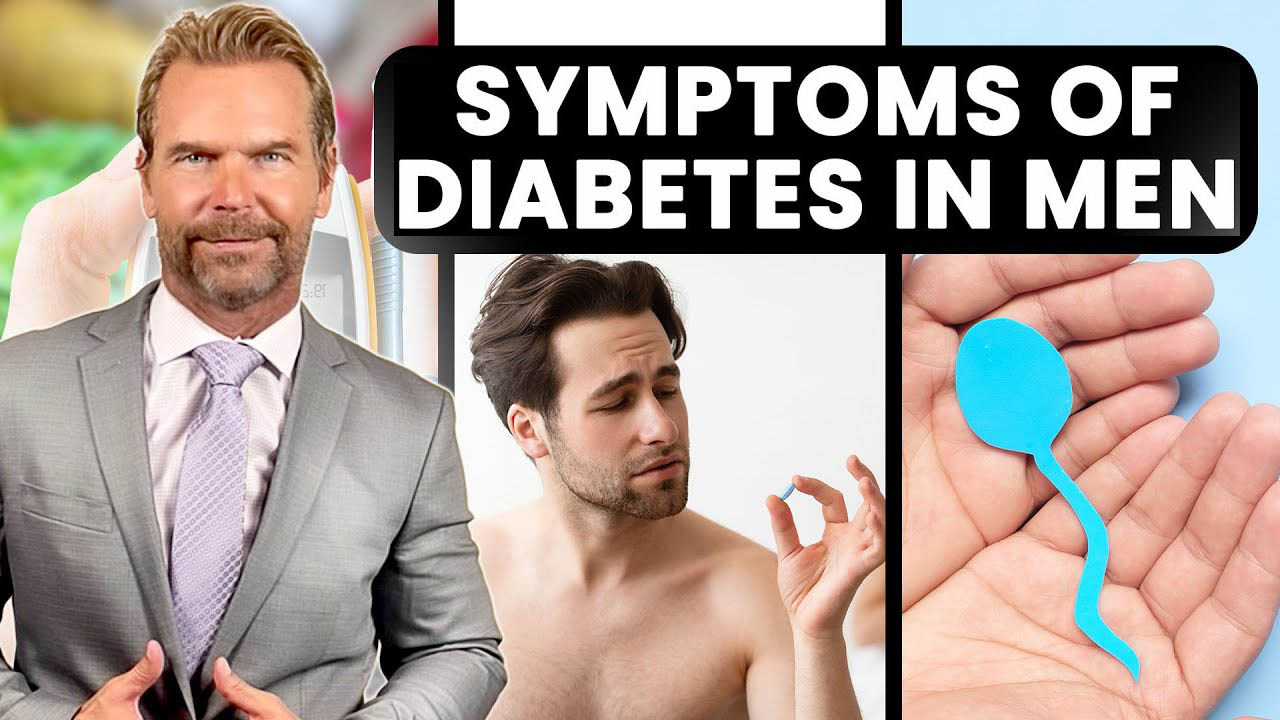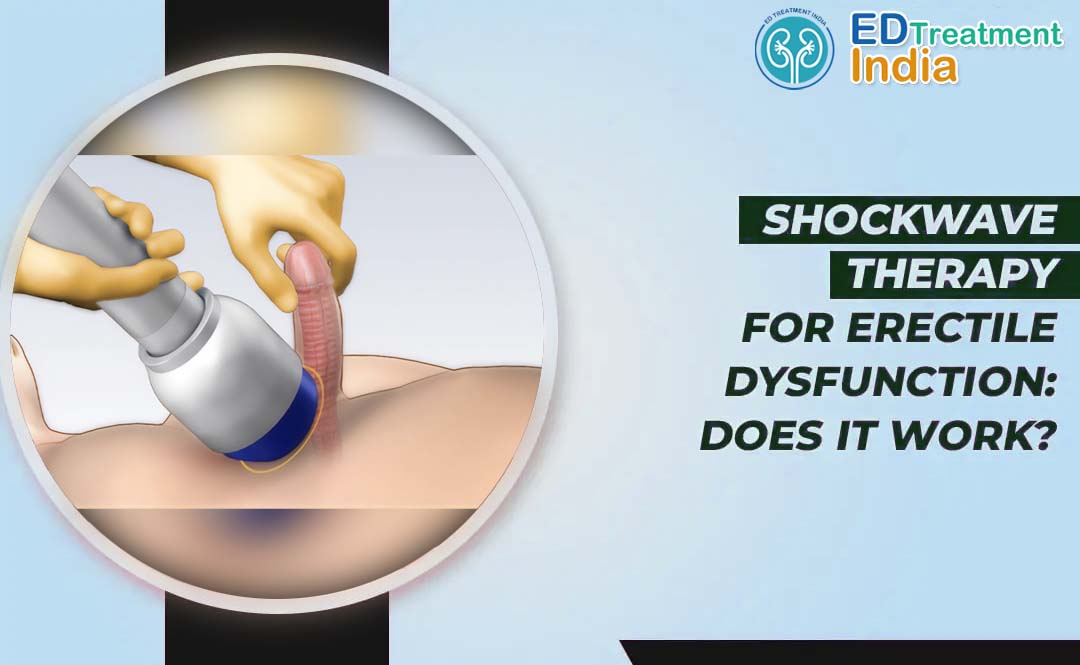Things flagging in the bedroom? Most men struggle with erections to some degree as they get older, but help is available
There is help for men out there to treat it – without being embarrassed
If your man is struggling to get or keep an erection, it needn’t sound the death knell for your sex life. ‘It’s a very common problem,’ says consultant urologist and andrologist Professor Suks Minhas, from men’s sexual health clinic London Andrology. ‘At some stage in their lives, most men will face a degree of erectile difficulty or some form of sexual dysfunction.’
The older he gets, the more likely it becomes. Prof Minhas explains: ‘It increases from about 30% of men at 30 years of age, to 50% by 50 years and much higher – around 70-80% – in the 70s and 80s.’ But the good news? There’s plenty that can be done. Just don’t let him ignore it and potentially store up other problems in the future.
Read : Erectile Dysfunction Treatment in India
Why it happens
The reasons for what’s medically termed erectile dysfunction (ED) are many and varied, but general ageing plays a part. ‘Testosterone levels start to fall around the age of 40, which can affect erections,’ says Prof Minhas. Other issues, such as furring of the arteries and cardiovascular disease, plus conditions such as diabetes, high cholesterol and blood pressure, have a major impact. ‘They affect the mobility and the muscle of the penis,’ explains Prof Minhas. Further culprits include medical treatment (surgery, chemotherapy and radiotherapy), medication (including beta blockers and antidepressants) and lifestyle (weight, alcohol and smoking).
Psychological issues can have an impact too – stress, depression and previous negative sexual experiences.
As a main cause of ED, these are more common in younger men, explains Prof Minhas, but they can often be a secondary cause for older men. ‘Not being able to get an erection (due to a physical reason) may have a negative impact on selfesteem,’ he says. Worrying about not getting hard makes it less likely.
Read : Penile Implant Surgery in India
Don’t ignore it
‘ED can be a barometer of general health,’ explains Prof Minhas, which is why it’s important that your partner gets assessed promptly. ‘It may be an early warning sign of other problems – about 70% of diabetics have some degree of erectile dysfunction,’ adds Prof Minhas. ED can cause a number of issues within relationships. The man might be embarrassed, and starts avoiding intimacy with his partner – going to bed later, and not initiating sex. When this happens a partner, in turn, may think that he no longer finds them attractive or is getting sex elsewhere. The key is open discussion.
Let’s talk about sex
If you suspect your man has a problem, try talking to him – sympathetically – and suggest a visit to the GP. ‘I hesitate to be telling partners to have empathy,’ says Prof Minhas, ‘but support from them can be extremely helpful.’ Despite this, it’s almost unheard of for a female partner to accompany her man to the clinic, he says. ‘In all my years I can probably count on one hand the times I’ve seen that happen.’
But accompanying your partner to an appointment can be useful diagnostically. ‘You can get an idea of what’s happening in the relationship,’ says Prof Minhas, ‘and it’s useful to help manage expectations.’
Read : Causes of Impotence
This applies on both sides. ‘There may be an age difference in the partnership, for example,’ says Prof Minhas, ‘and differing expectations about the amount of sex.’ It helps to talk.
Encouraging him to lose weight if he needs to, exercise regularly, eat healthily, and not to smoke or drink too much can all make a difference to his erections.
Read : Top Urologist in India
What treatment?
We’ve all heard of the little blue pills called Viagra (the brand name of the generic drug sildenafil), but there’s a range of medication available, including avanafil, tadalafil and vardenafil. Testosterone may also help. Drug treatments, however, may not work for men with underlying problems, such as furring of the arteries, diabetes or previous surgeries.
‘There may be nerve or blood damage to the penis,’ explains Prof Minhas. Then specialised creams, injections, vacuum/ suction devices or a ring at the base of the penis may help. Surgery, including penile implants, may be available. Psychological issues can respond to counselling and cognitive behavioural therapy (CBT), and your GP may recommend sex therapy.
More experimental treatments include shock-wave therapy, to improve blood flow to the penis, and PRP (platelet-rich plasma) injections, which use a patient’s own blood cells to stimulate tissue and blood-vessel repair. ‘These are not freely available and are very expensive,’ says Prof Minhas. ‘It’s not something I would be advocating.’
Read : Why Undergo Penile Implant Surgery?
Breaking the taboo
Viagra is now available over the counter at pharmacies, which is good for accessibility, but not necessarily for men’s health. ‘If medication is freely available, men may take it without thinking about what else is going on,’ says Prof Minhas.
But the accessibility of these pills has helped to make ED a lot less stigmatised and more openly discussed. ‘I think that men are less embarrassed to seek help these days,’ says Prof Minhas. ‘Over the past few years, since I have been a consultant,’ he says, ‘more and more men will come forward and not feel embarrassed.’
The launching of online Doctor consultations, such as Asda Pharmacy’s online doctor service, which allows men to seek support and treatment virtually, has helped.
‘It’s completely natural to feel worried about talking to someone about a health concern, especially if it’s something personal,’ says pharmacist Maq Din, ‘but more often than not it’s something we can easily fix and health professionals have seen it all before, so there’s really no need to ever feel embarrassed.’





